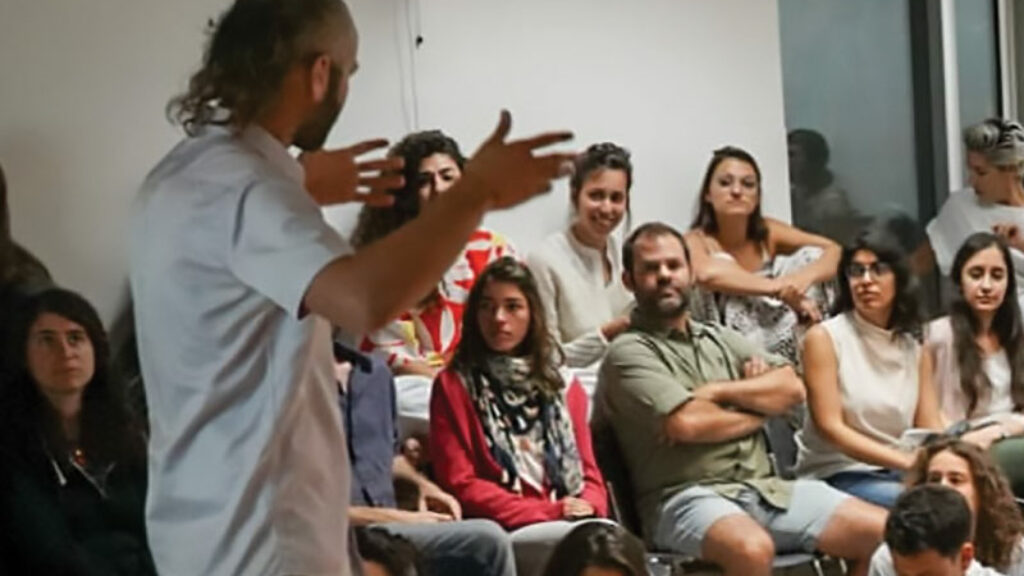
Life in Learning
The special relationship between Jews and learning has been endlessly documented. Yet these investigations have largely overlooked the textual communion that transubstantiates books and learning into the body and blood of Jewish experience.
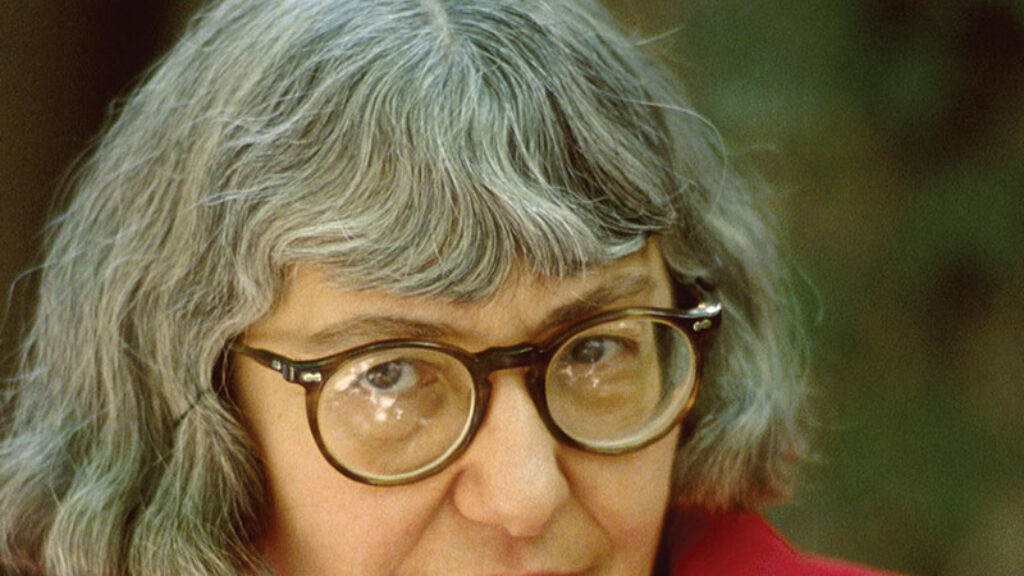
Cynthia Ozick’s Art and Ardor
Reading is a blessing and a curse in Ozick’s world, a gateway to heightened emotion and new experience and also a maze of cruel tricks and dead ends. Allegra Goodman reviews her latest novel.
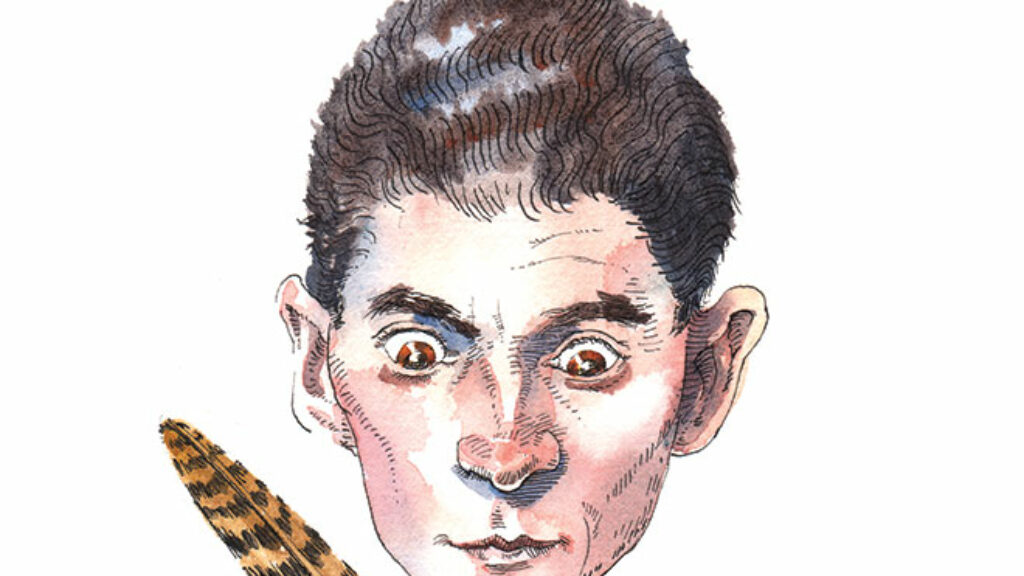
In the Beginning, There Was Angst
Where a committed secularist would raise up the literary in place of the sacred, Adam Kirsch’s discussions in The Blessing and the Curse read more like a coda to the sacred scriptures.
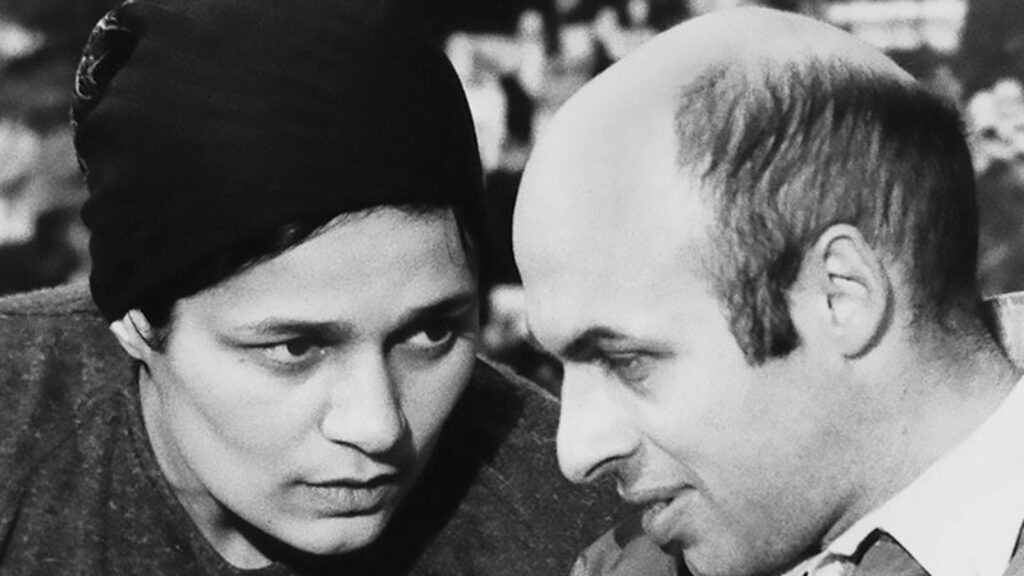
Sharansky’s Exodus
Witnessing the modern exodus of Jews from Ethiopia to Israel—different than his own but no less stirring—reminded Sharansky of what he’d told himself in his darkest days in prison: “Your history did not begin with your birth or with the birth of the Soviet regime. You are continuing an exodus that began in Egypt. History is with you.”
Letters, Spring 2021
Of Ballads and Baloney, The Singer or the Song?, The American Question, Against Artichokes, and More
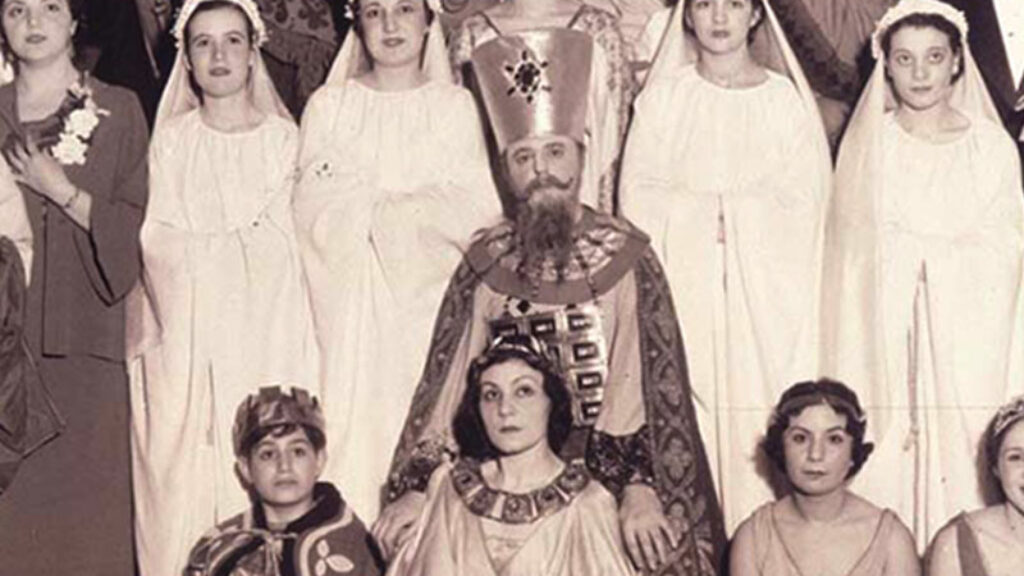
All-American Esther
Stuart Halpern’s anthology Esther in America tells the story of the surprising uses to which the story of Purim has been put in American history.
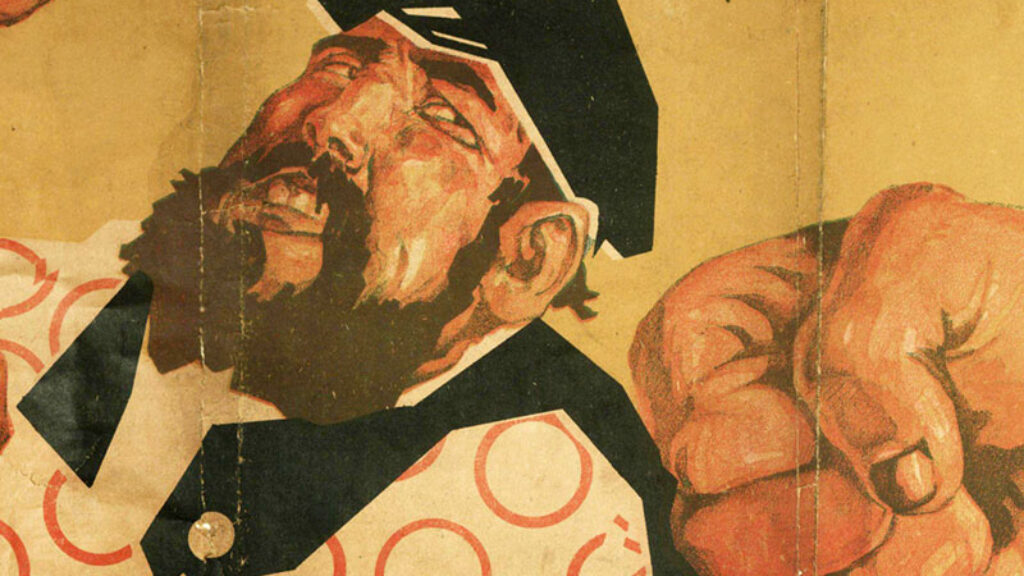
Bread and Vodka
Mendel Osherowitch's 1933 book about life in Ukraine not only bore rare eyewitness testimony to one of the worst atrocities in a barbarous century; it did so from the vantage point of a brother of two of the perpetrators.
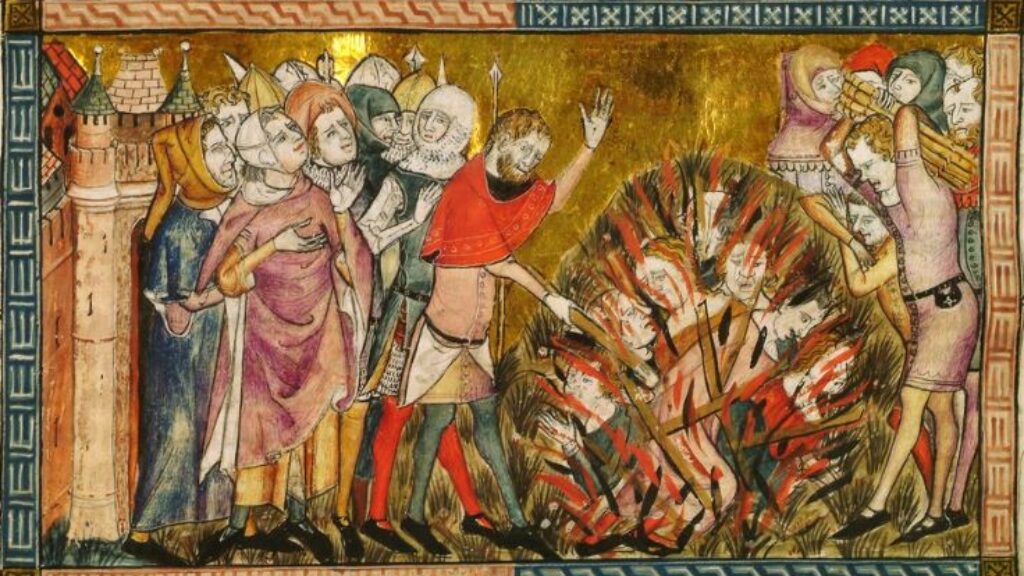
Jews, Genes, and the Black Death
This is the version of history that many of us heard in Hebrew school: Jews were saved from the plague by handwashing, kashrut, and burying their dead quickly.
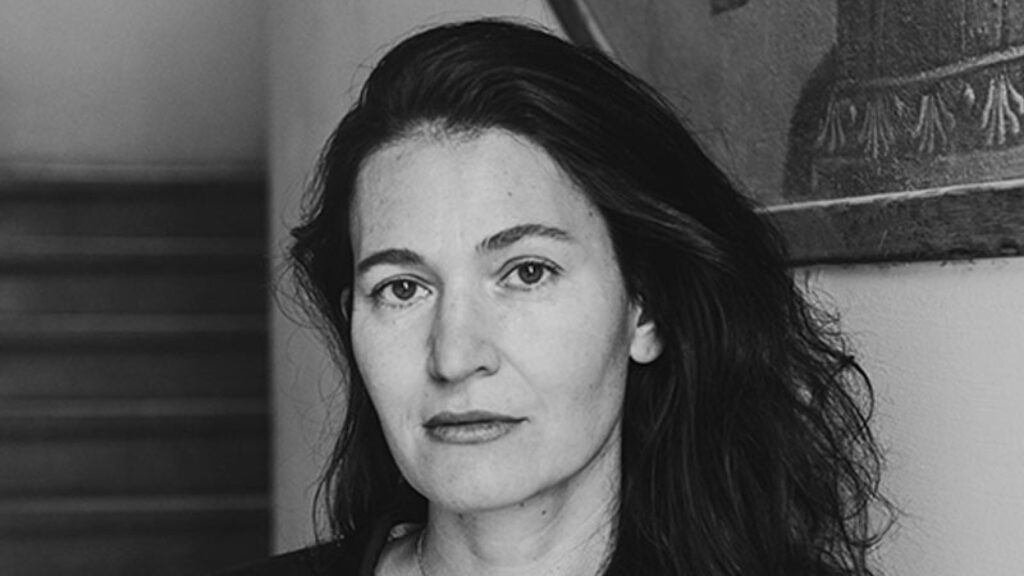
Infinite Mirrors
Nicole Krauss’s frequent philosophical turns are often compelling without being entirely clear.
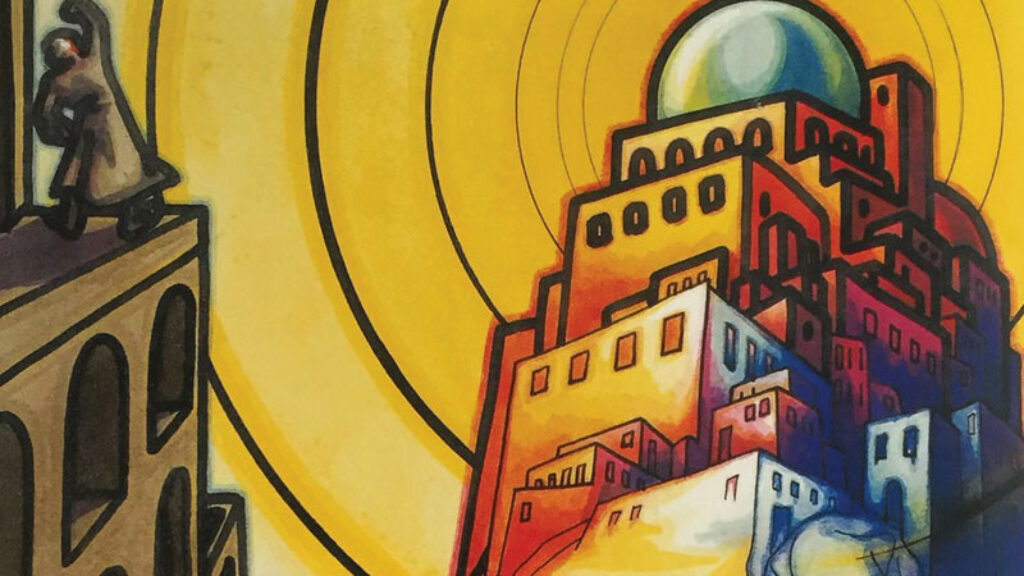
My Father and Birnbaum’s Heavenly City
According to one scholar, Uriel Birnbaum produced “more than 6,000 poems, 130 essays, 30 plays, 10 short stories, 15 fairy tales, fragments of a longer epic poem, 20 chapters of a lost novel and 30 collections of illustrations.” And yet, Birnbaum received little acclaim in his lifetime. Today he is all but unknown.